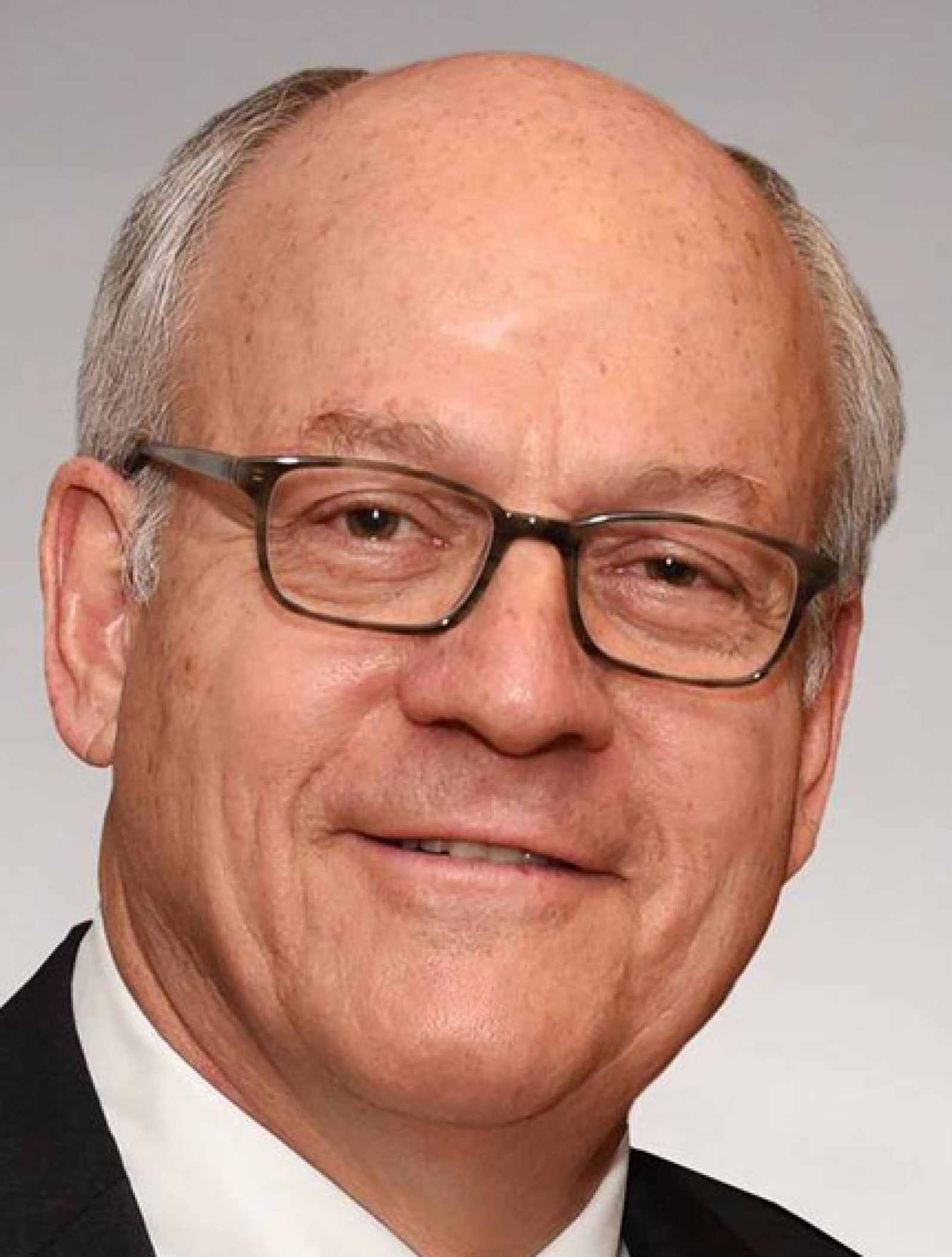Learning from the pandemic: Leadership and governance

The Betsy Lehman Center: What has your organization's experience during the pandemic revealed about the role leadership plays in the safety of residents and staff?
Lou Woolf: Early spring was an incredibly challenging and phenomenally stressful time for everyone. In March, we had our first outbreak, at one of our affordable housing communities, where ultimately 11 of our 300 residents tragically died. Our leadership team and I made the challenging decision to quarantine all residents to reduce the spread of infections before the state even recommended closing doors to visitors and urged the 1,800 residents across our independent and assisted living communities to stay inside their apartments. We pledged to supply everything they needed — meals, medications, and all other errands. We even walked their dogs. To that end, we reassigned more than 100 staff members and enlisted 100 volunteers to help out. Although initially difficult, we didn’t doubt this was the right decision and were glad to see conditions improve.
Because social isolation is a major concern with this population, we also did everything we could to engage residents in virtual social activities during this time. We ran book groups and exercise classes on closed circuit television. Bands and singers performed outside of residents’ windows. The success of those virtual activities is a major learning we’ve taken from this period, as they provided easier access and increased participation and benefit. We’ll offer live activities when it again becomes safe, now augmented with programs that people can participate in at home.
While we were learning how to deal with COVID-19, the country also was beginning to confront systemic racism, another pandemic with deadly consequences. Many of our employees are people of color, and when they come to work they put their lives and their families' lives at risk. We are incredibly thankful for their performance, express that to them regularly, and have been able to offer job continuity to the vast majority of employees during this difficult time.
This pandemic has strengthened our organization’s collective resolve. Hebrew SeniorLife – an organization with 2,600 employees caring daily for more than 3,000 older adults, plus a research institute and many health care professionals in training — benefits from having a broad array of services that fulfill our mission. But the size and diversity of our organization posed significant challenges as we addressed the safety of staff and residents. COVID-19 forced us to work together better than ever before. Our leadership team was extraordinary, our people really banded together, and we will continue to work together closely as we move forward.
Lou Woolf, M.B.A., is President and CEO of Hebrew SeniorLife in Boston, Massachusetts.
--
Further reading:
Learning from the pandemic: Continuous learning and improvement